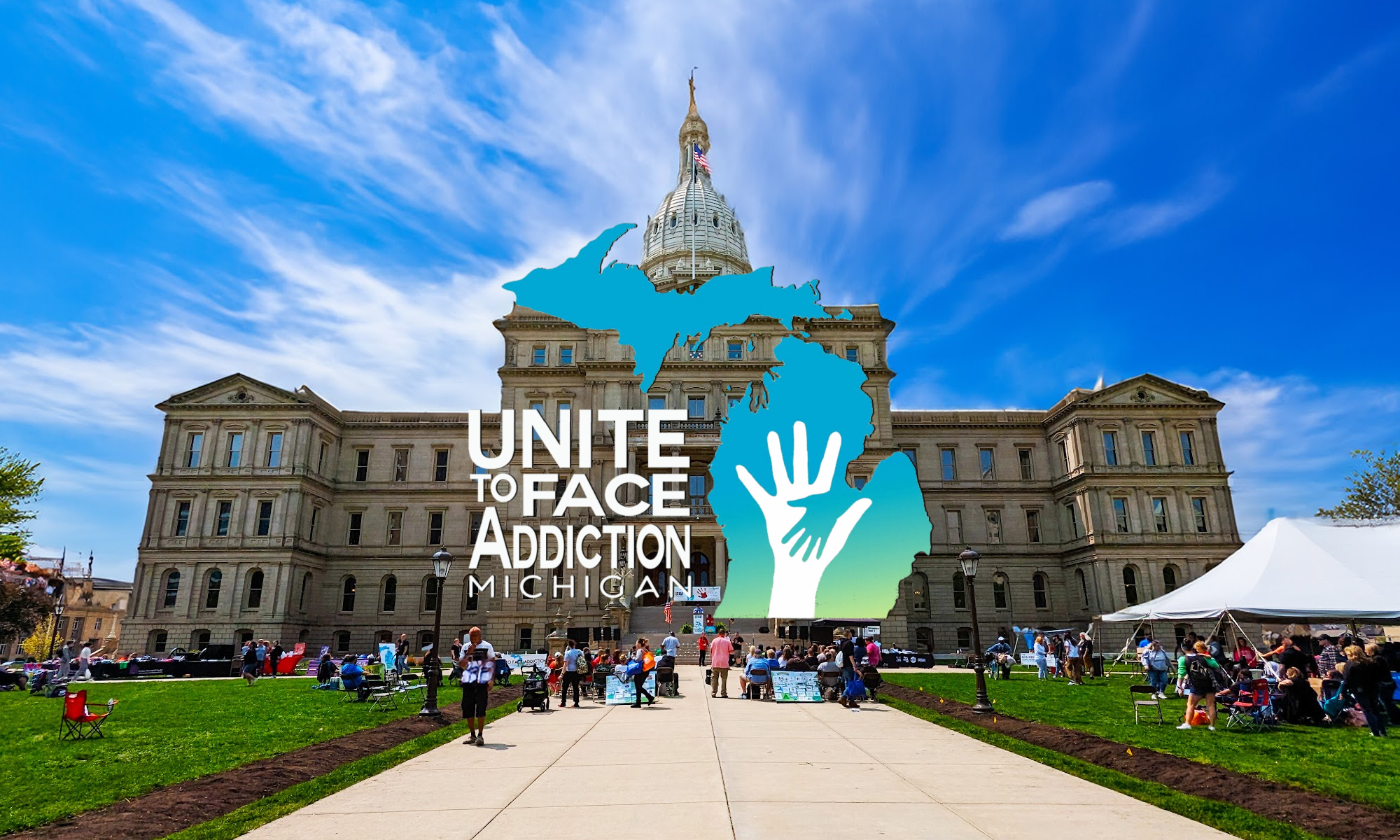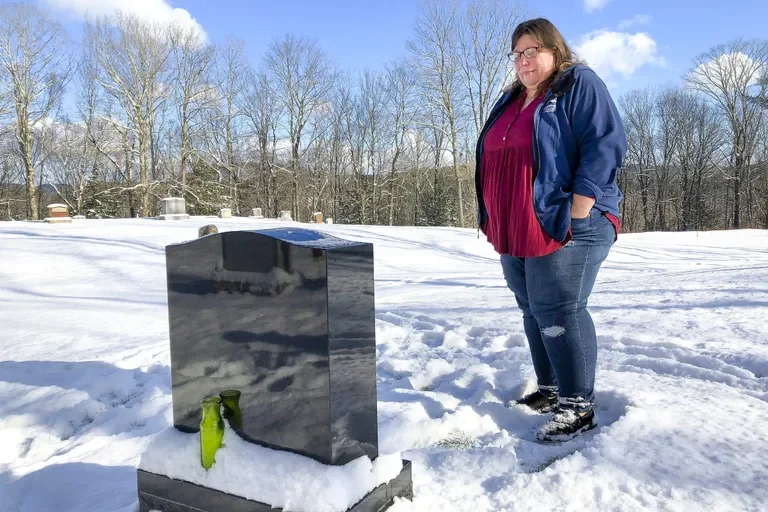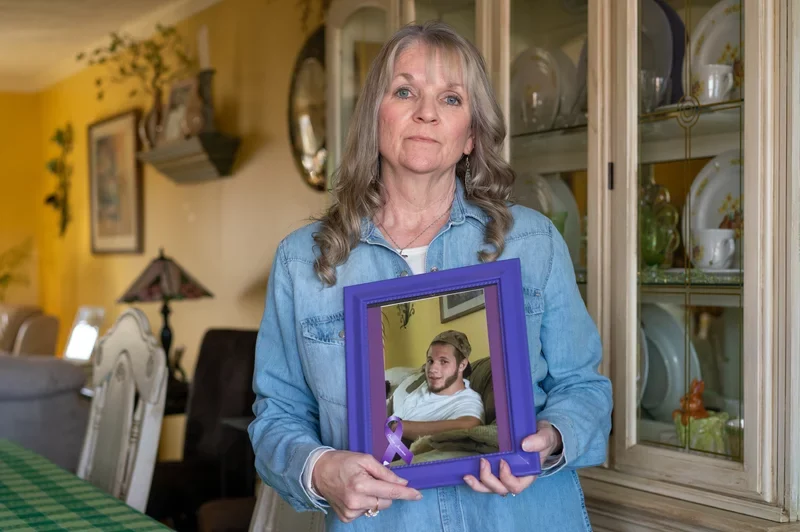
Tranq: Veterinary sedative making drug crisis deadlier
Xylazine is a sedative used by veterinarians and was never approved for human use. But experts say it’s the latest thing making a national drug crisis even deadlier.
Also known as tranq, it’s sometimes mixed with fentanyl, a synthetic opioid – and the user doesn’t even know it.
Fentanyl mixed with tranq doesn’t respond to Narcon, or naloxone, a drug that can reverse a slowed respirat overdose deaths.
Dr. Stuart Etengoff, an emergency department physician at McLaren Oakland Hospital in Pontiac and McLaren Clarkston, a stand-alone emergency facility, says he has encountered numerous tranq overdoses, although they’re difficult to quantify.






